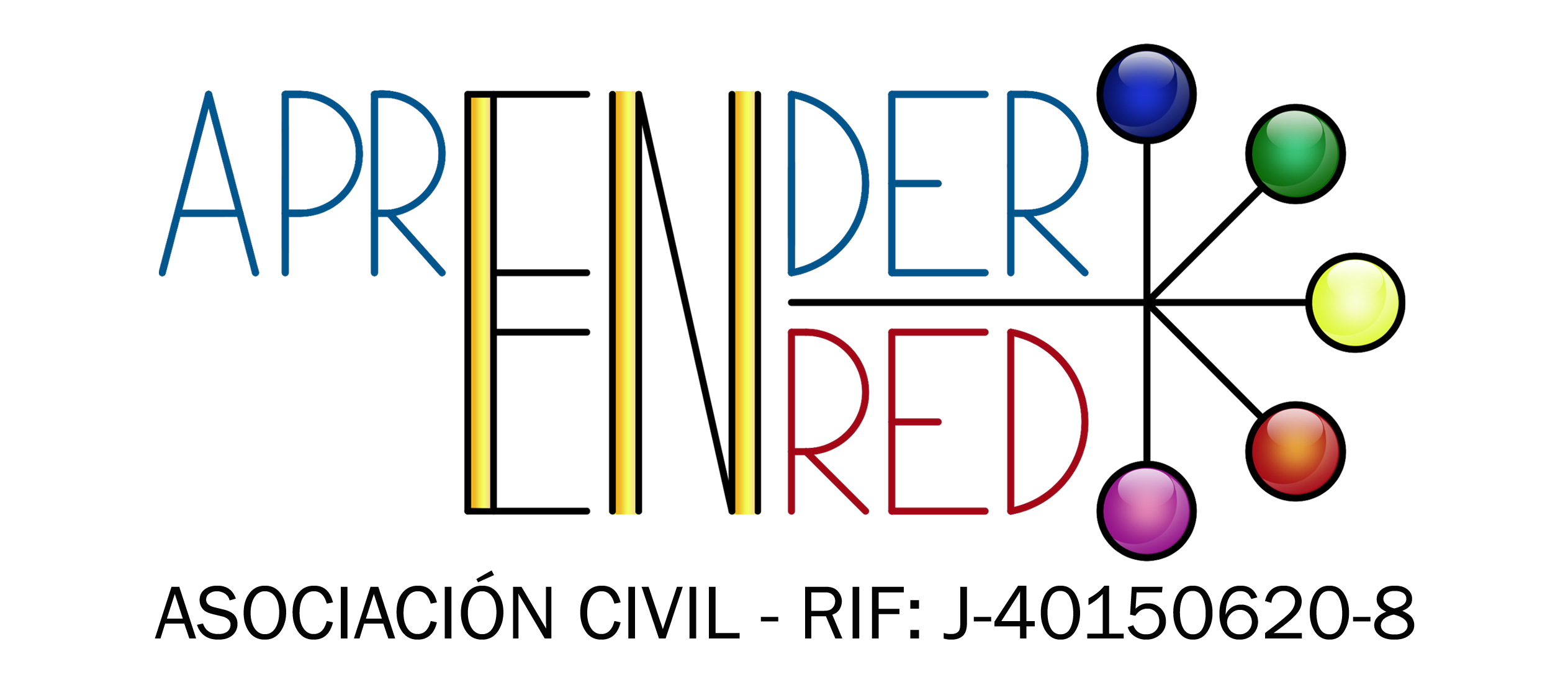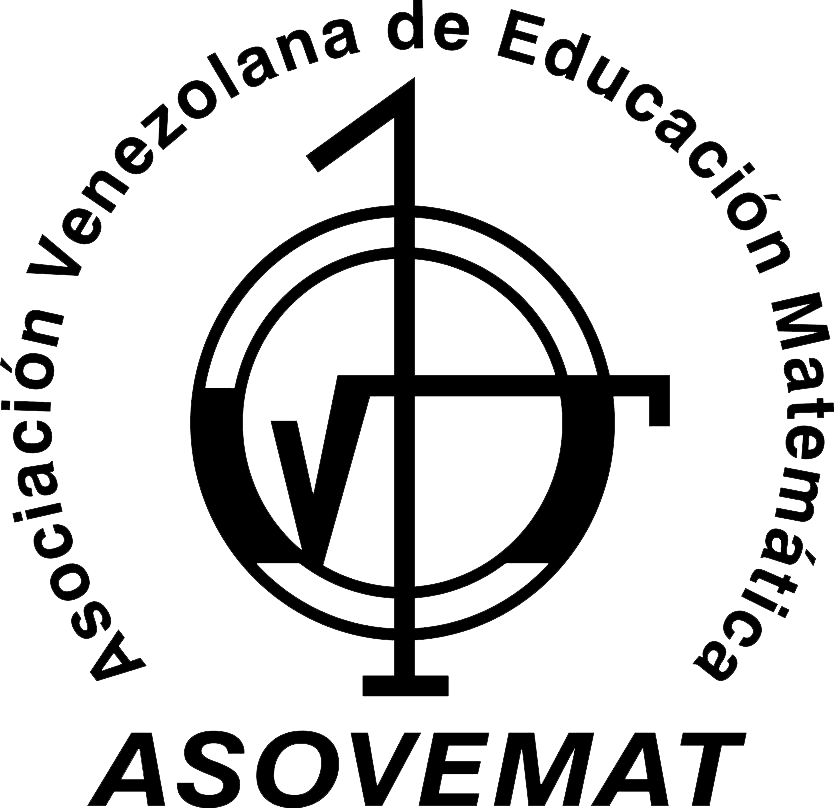Mathematics Education and Gender: Promoting equity in the classroom
DOI:
https://doi.org/10.54541/reviem.v3i1.86Keywords:
Diversity and Gender Equality, History of Mathematics, Pedagogical Practices, Female Representation, InclusionAbstract
This article aims to investigate the intersection between Mathematics Education and the gender issue, emphasizing the importance of promoting gender equity in the school environment. Through a critical review of the literature, we intend to examine the historical representation of women in mathematics, as well as the lack of gender diversity among professionals in this field. Consequently, practical recommendations are sought to be presented for educators and researchers interested in fostering gender equality in Mathematics Education. These suggestions will encompass approaches to address gender stereotypes in the classroom, provide equitable learning opportunities, encourage the participation of female students in mathematical activities, and promote successful female role models in this field. It is believed that adopting these strategies can establish a more inclusive mathematical learning environment where all children, regardless of their gender, can fully develop their potential, feeling valued and encouraged in their educational journey.
Downloads
Metrics
References
Araújo, K. S. (2018). Relações de gênero no contexto escolar: Matemática não é para mulheres? [trabalho de conclusão de curso, Instituto Federal de Educação, Ciência e Tecnologia de Goiás]. Repositório Digital do IFG. https://repositorio.ifg.edu.br/handle/prefix/217?mode=simple
Beilock, S. L., Gunderson, E. A., Ramirez, G., & Levine, S. C. (2010). Female teachers’ math anxiety affects girls’ math achievement. Proceedings of the National Academy of Sciences, 107(5), 1860-1863. https://doi.org/10.1073/pnas.0910967107
Bergamini, B. S. (2020). Contabilidade é coisa de mulher? A influência dos estereótipos de gênero na escolha de carreira de mulheres em Ciências Contábeis [dissertação de mestrado, Universidade de São Paulo]. Biblioteca Digital de Teses e Dissertações da USP. https://doi.org/10.11606/D.12.2020.tde-12012021-133557
Brown, M., Emami, S., Johnson, R., & Smith, J. (2020). The impact of gender diversity in mathematical research groups. Journal of Mathematics Education, 25(3), 123-140. https://doi.org/10.1007/978-3-030-55100-1_3
Chaves, M. L. S. (2013). Estereótipos de gênero e dificuldades em matemática: Um estudo com estudantes do Ensino Médio [dissertação de mestrado, Universidade Federal de Minas Gerais].
Cimpian, J. R., Lubienski, S. T., Timmer, J. D., Makowski, M. B., & Miller, E. K. (2016). Have gender gaps in math closed? Achievement, teacher perceptions, and learning behaviors across two ECLS-K cohorts. AERA Open, 2(4), 1-20. https://doi.org/10.1177/2332858416673617
Costa, R. M., Santos, E. S., & Bandeira, A. L. (2017). Estereótipos de gênero e matemática: Um estudo com estudantes do Ensino Fundamental II. Revista de Educação Matemática, 1(1), 43-58.
Cury, H. N., & Sousa, M. M. S. (2017). Gênero e matemática: Análise de estereótipos presentes em livros didáticos. Revista Eletrônica de Educação Matemática, 12(1), 1-13.
Eccles, J. S. (2007). Where are all the women? Gender differences in participation in physical science and engineering. Em S. J. Ceci, & W. M. Williams (Eds.), Why aren't more women in science? Top researchers debate the evidence (pp. 199-210). American Psychological Association. https://doi.org/10.1037/11546-016
Else-Quest, N. M., Hyde, J. S., & Linn, M. C. (2010). Cross-national patterns of gender differences in mathematics: A meta-analysis. Psychological Bulletin, 136(1), 103-127. https://doi.org/10.1037/a0018053
Fajardo, D. (2018). As relações de gênero nas carreiras científicas e tecnológicas. Revista Tecnologia, Trabalho e Educação, 14(2), 133-150.
Gontijo, L. A., & Souto, D. C. (2017). Desigualdades de gênero na escolha da carreira científica: Uma discussão sobre a sub-representação feminina em áreas STEM. Acta Scientiae, 19(2), 36-54.
Good, C., Aronson, J., & Inzlicht, M. (2003). Improving adolescents' standardized test performance: An intervention to reduce the effects of stereotype threat. Journal of Applied Developmental Psychology, 24(6), 645-662. https://doi.org/10.1016/j.appdev.2003.09.002
Hyde, J. S., & Mertz, J. E. (2009). Gender, culture, and mathematics performance. Proceedings of the National Academy of Sciences, 106(22), 8801-8807. https://doi.org/10.1073/pnas.0901265106
Hyde, J. S., Lindberg, S. M., Linn, M. C., Ellis, A. B., & Williams, C. C. (2018). Gender similarities characterize math performance. Science, 321(5888), 494-495. https://doi.org/10.1126/science.1160364
Jamieson, J. P., & Harkins, S. G. (2007). Mere effort and stereotype threat performance effects. Journal of Personality and Social Psychology, 93(3), 544-564. https://doi.org/10.1037/0022-3514.93.4.544
Jesus, M. A. P., Oliveira, I. F., & Silva, L. R. (2017). Estereótipos de gênero e escolha da carreira em Ciências Exatas. Psicologia, Diversidade e Saúde, 6(1), 44-56.
Johnson, R., Brown, M., Smith, J., & Oliveira, A. (2023). Gender diversity in mathematics: Advancements, challenges, and future directions. International Journal of Mathematical Studies, 38(2), 87-105.
Keller, J. (2007). Stereotype threat in classroom settings: The interactive effect of domain identification, task difficulty, and stereotype threat on female students' math performance. British Journal of Educational Psychology, 77(2), 323-338. https://doi.org/10.1348/000709906X113662
Ministério da Educação [MEC]. (2008). Parâmetros Curriculares Nacionais. MEC.
Nosek, B. A., Smyth, F. L., Sriram, N., Lindner, N. M., Devos, T., Ayala, A., Bar-Anan, Y., Bergh, R., Cai, H., Gonsalkorale, K., Kesebir, S., Maliszewski, N., Neto, F., Olli, E., Park, J., Schnabel, K., Shiomura, K., Tulbure, B. T., Wiers, R. W., ... Greenwald, A. G. (2009). National differences in gender-science stereotypes predict national sex differences in science and math achievement. Proceedings of the National Academy of Sciences, 106(26), 10593-10597. https://doi.org/10.1073/pnas.0809921106
Nunes, M. S. A. (2021). A desigualdade de gênero na matemática: aspectos históricos e atuais [trabalho de conclusão de curso, Universidade Federal da Paraíba]. Repositório Institucional da UFPB. https://repositorio.ufpb.br/jspui/handle/123456789/20616
Oliveira, A., Smith, J., Garcia, M., & Silva, R. (2022). Promoting gender diversity in mathematics: Strategies and best practices. Mathematics Education Research Journal, 30(1), 45-62.
Osborne, J. W. (2007). Linking stereotype threat and anxiety. Educational Psychology, 27(1), 135-154. https://doi.org/10.1080/01443410601069929
Pizzie, R. G., & Kraiger, K. (2017). An investigation of the relationship between stereotype threat, math self-efficacy, and women's intentions to pursue a mathematical career. Journal of Career Development, 44(5), 383-397.
Santos, J., & Cardoso, L. R. (2012). Relações de gênero em um currículo de matemática nos anos iniciais: Produzindo sujeitos, demandas e desigualdades. Em M. Ennes (Ed.), Diálogos: Processos identitários, meio ambiente, patrimônio e movimentos sociais (pp. 17-38). Editora UFS.
Silva, E. R. (2008). A (in)visibilidade das mulheres no campo científico. Democratizar, 2(1), 133-48.
Silva, R. B., & Luz, R. G. (2021). Influência dos estereótipos de gênero na escolha profissional de mulheres em áreas STEM. Revista de Estudos Feministas, 29(1), e50878.
Smith, J., Brown, M., Johnson, R., & Oliveira, A. (2021). Gender diversity and innovation in mathematical problem-solving. Journal of Mathematics and Gender Studies, 17(3), 150-168.
Spencer, S. J., Steele, C. M., & Quinn, D. M. (1999). Stereotype threat and women's math performance. Journal of Experimental Social Psychology, 35(1), 4-28. https://doi.org/10.1006/jesp.1998.1373
Tomlinson, C. A., & Allan, S. D. (2000). Leadership for differentiating schools and classrooms. Association for Supervision and Curriculum Development.
Vygotsky, L. S. (1978). Mind in society: The development of higher psychological processes. Harvard University Press.
Downloads
Published
How to Cite
Issue
Section
License
Copyright (c) 2023 Jonathan Machado Domingues

This work is licensed under a Creative Commons Attribution 4.0 International License.
Authors who publish with this journal agree to the following terms:
- Authors retain copyright and grant the journal right of first publication with the work simultaneously licensed under a Creative Commons Attribution License 4.0 that allows others to share the work with an acknowledgement of the work's authorship and initial publication in this journal.
- Authors are able to enter into separate, additional contractual arrangements for the non-exclusive distribution of the journal's published version of the work (e.g., post it to an institutional repository or publish it in a book), with an acknowledgement of its initial publication in this journal.
- Authors are permitted and encouraged to post their work online (e.g., in institutional repositories or on their website) prior to and during the submission process, as it can lead to productive exchanges, as well as earlier and greater citation of published work.














